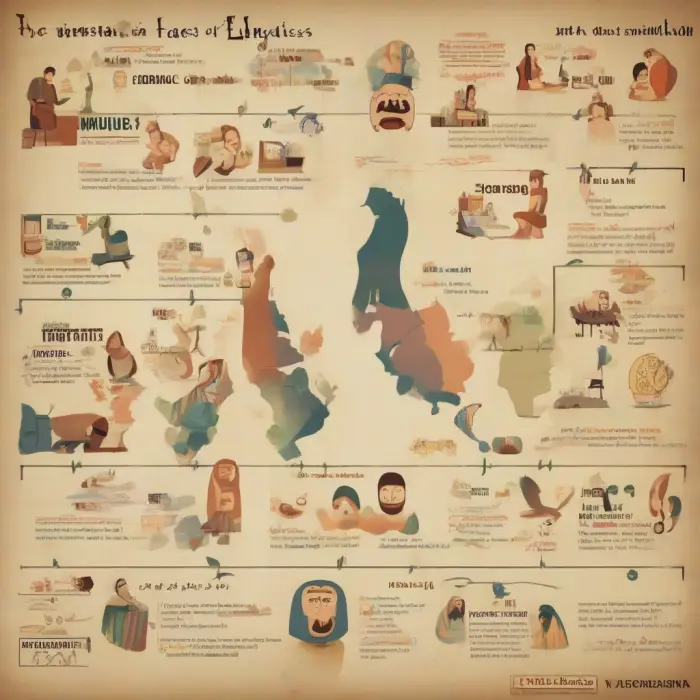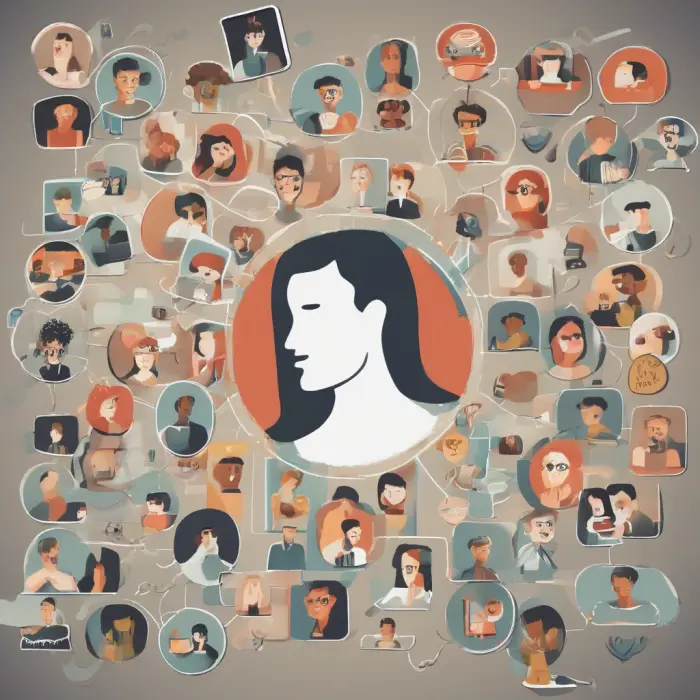As Valentine's Day approaches, many single people start to actively use various dating applications. However, researchers from the Vienna University have come to the conclusion that this can cause more harm than good.
Psychologists interviewed 464 regular users about their typical behaviors in such applications. Generally, the experts were interested in how much time they spend in them, how they scroll through the page, if they compare themselves to others, how they relate to their own loneliness etc.
Researchers have found that excessive use of such applications can contribute to the development of fear that a person may never find a soul mate. This increases their self-doubt and they continue scrolling as they don't see any other way out of this situation. Another problem is that users eventually begin comparing themselves to others, even when not intending to do so.
One of the initiators of the research, Marina Thomas, noted that such applications facilitate communication between people. However, if they are used too much or too often, you can lose that desired "romantic spark".
Most dating applications work on the "like-dislike" principle. For example, a user swipes their finger to the right on another person's profile if they like them and left if not. If the other person also likes their profile, the application will notify of a match or coincidence.
It's certainly nice to know that someone on Tinder, Bumble, or Hinge finds us attractive. However, many users report rarely going on dates or messaging with those they match with, mostly due to fear of rejection in real life. Others have said they see so many potential partners through dating apps that it becomes hard to process all the information and decide who to message.
It is important not to forget that all such programs work according to certain algorithms that affect the user ranking. That means some profiles, for example, the most active ones will be displayed by the application more often while others may practically go unseen. This also reduces the likelihood of meeting 'your' person.
Nine out of ten participants in the study reported spending at least one hour on dating services. Approximately half of them checked for matches and messages as soon as they woke up, which suggests a negative effect on users' mental health from such applications.
Powered by Froala Editor










